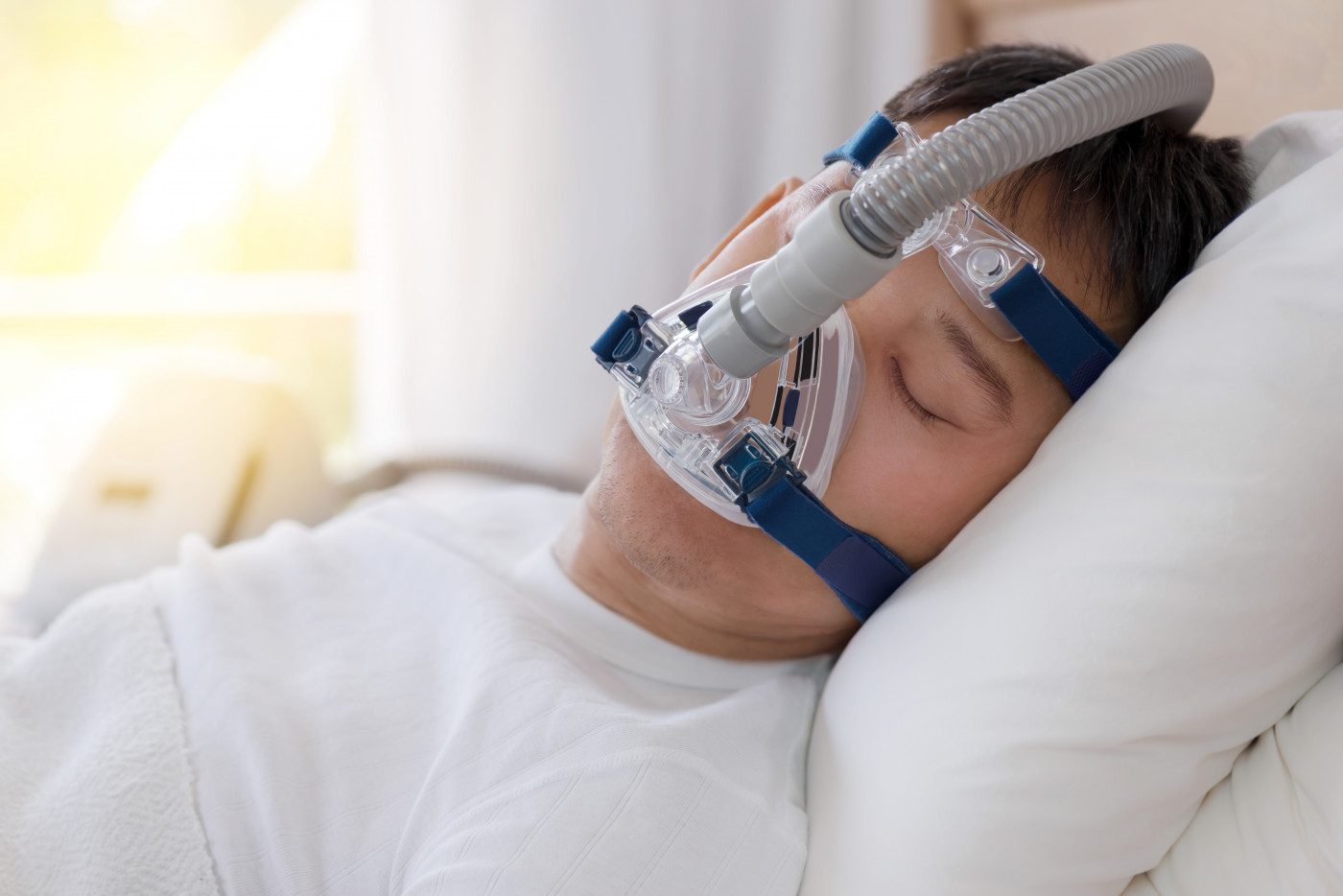Sjögren’s and Behçet’s Patients Have Higher Risk of Obstructive Sleep Apnea, Study Finds
Written by |

Patients with Sjögren’s syndrome and Behçet’s disease have a significantly higher risk of developing obstructive sleep apnea compared to people without those autoimmune disorders, a study has found.
The study, “Risk of Obstructive Sleep Apnea in Patients with Sjögren Syndrome and Behçet’s Disease: A Nationwide, Population-Based Cohort Study,” was published in the journal Sleep and Breathing.
Obstructive sleep apnea (OSA) is a sleep disorder characterized by repeated episodes of complete or partial obstruction of the upper airway during sleep. It can lead to abrupt awakenings with gasping or choking, loud snoring, excessive daytime sleepiness, headaches, trouble concentrating, mood changes, forgetfulness and increased heart rate and/or blood pressure.
Previous studies have indicated that patients with OSA have a higher risk of developing certain autoimmune diseases, including Sjögren’s syndrome and Behçet disease. Behçet is a rare inflammatory condition that results from widespread inflammation of blood vessels and is characterized by recurrent oral and genital ulcers, with additional eye and skin problems.
Although the mechanisms are unclear, there is evidence that OSA can trigger chronic inflammation by increasing the levels of pro-inflammatory molecules thought to play a key role in most autoimmune diseases.
To investigate if patients with autoimmune diseases — namely Sjögren’s and Behçet’s disease — also could have a higher risk of developing OSA, investigators in Taiwan probed the Taiwan National Health Insurance Research Database to identify individuals who had been diagnosed with these disorders from 2002 to 2012.
They identified 12,926 patients with Sjögren’s (88.8% women, average age 54 years) and 1,221 patients with Behçet’s (56% women, average age 39). Patients were matched in a 1:4 ratio with individuals of the same sex and age who did not have any autoimmune disease (controls). Those with Sjögren’s were matched to 51,704 controls, and those with Behçet’s to 4,884 controls.
The incidence of OSA was found to be higher among patients with Sjögren’s (0.61% versus 0.33%) and Behçet’s (1.23% versus 0.33%) compared to matched controls. After adjusting data for age, sex, and comorbidities, the incidence of OSA was significantly higher in both patient groups compared to their respective control groups.
Statistical analyses also found that patients with Sjögren’s had more than double (2.48-times) the risk of developing OSA than controls, whereas those with Behçet’s were nearly twice (1.99-times) more likely to have OSA than controls. In men, these risks were even higher (2.62-times higher for men with Sjögren’s and 6.40-times higher for those with Behçet’s).
“The association between autoimmune diseases and OSA is complicated and bidirectional. Our study found that patients with either [Sjögren’s syndrome or Behçet’s disease] have a higher longitudinal risk of OSA,” the researchers wrote.
“The actual mechanisms behind these associations remain unclear. Further research, such as physiological studies, is required to discover the mechanisms behind the relationship between OSA and autoimmune diseases,” they stated.





